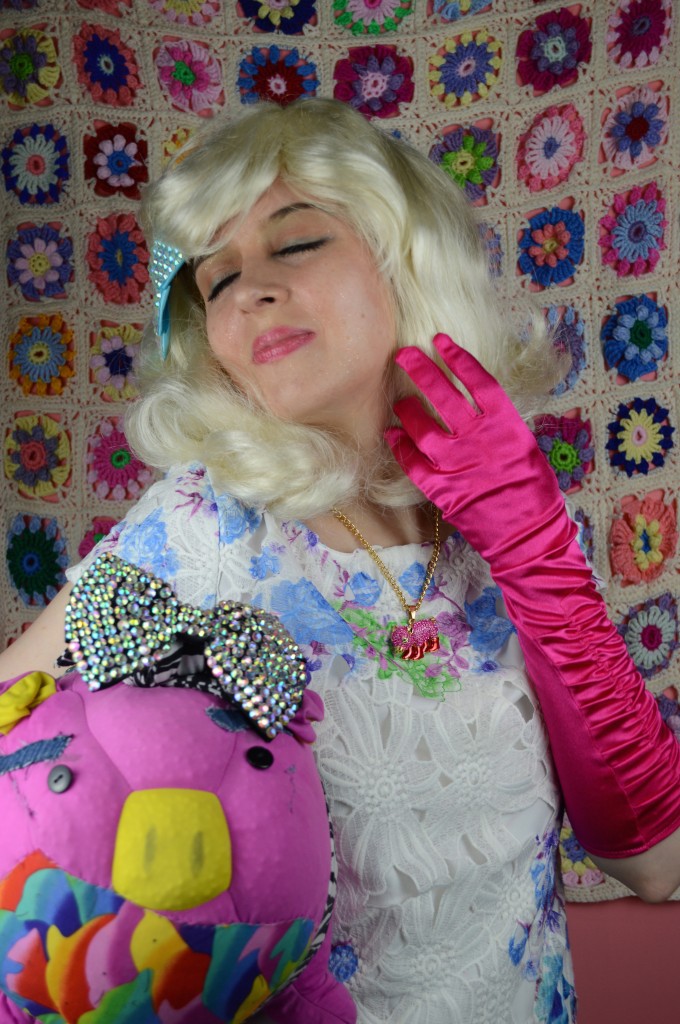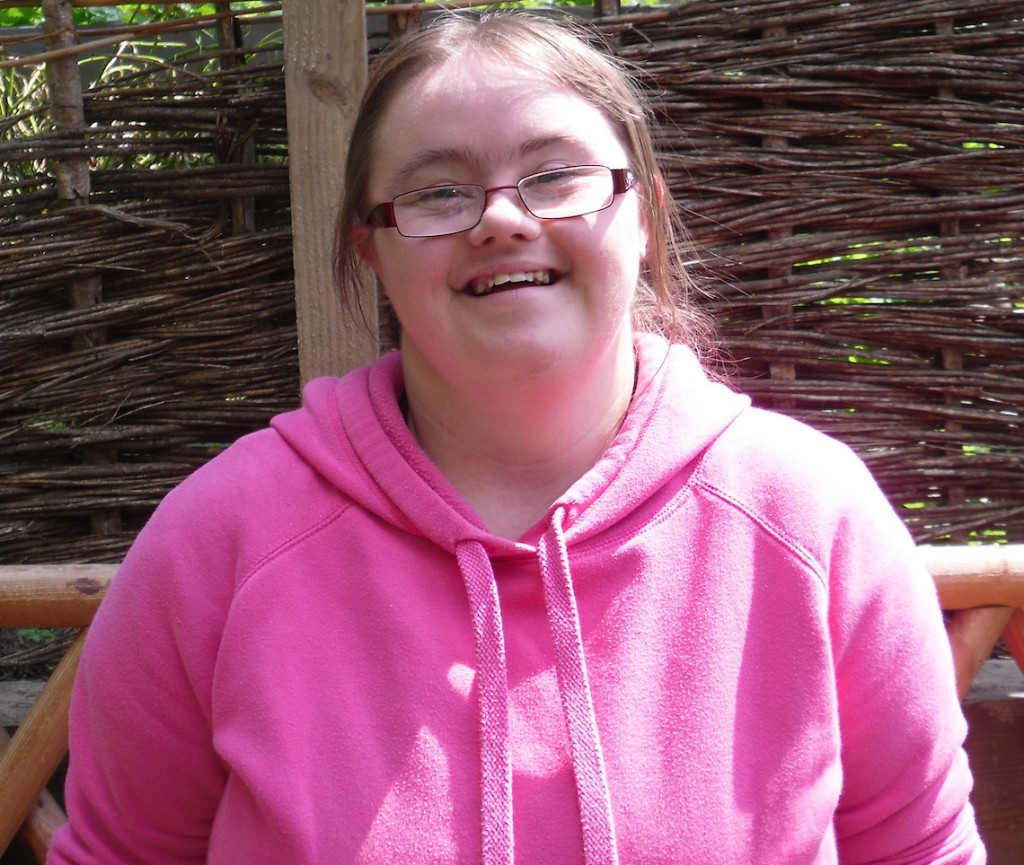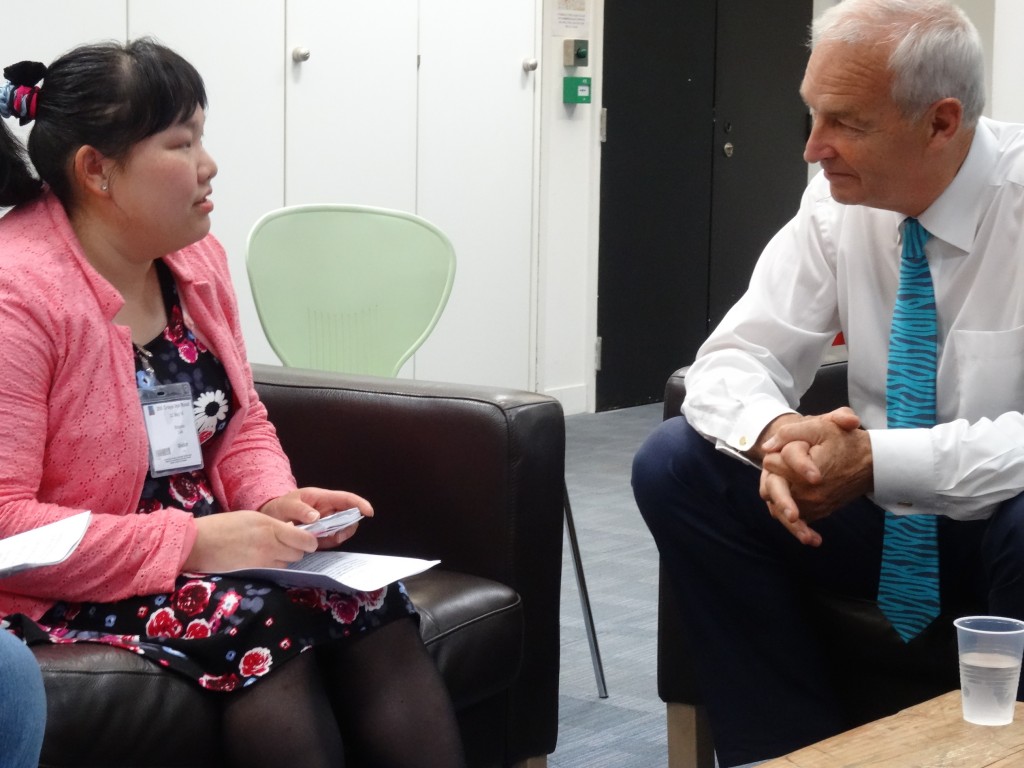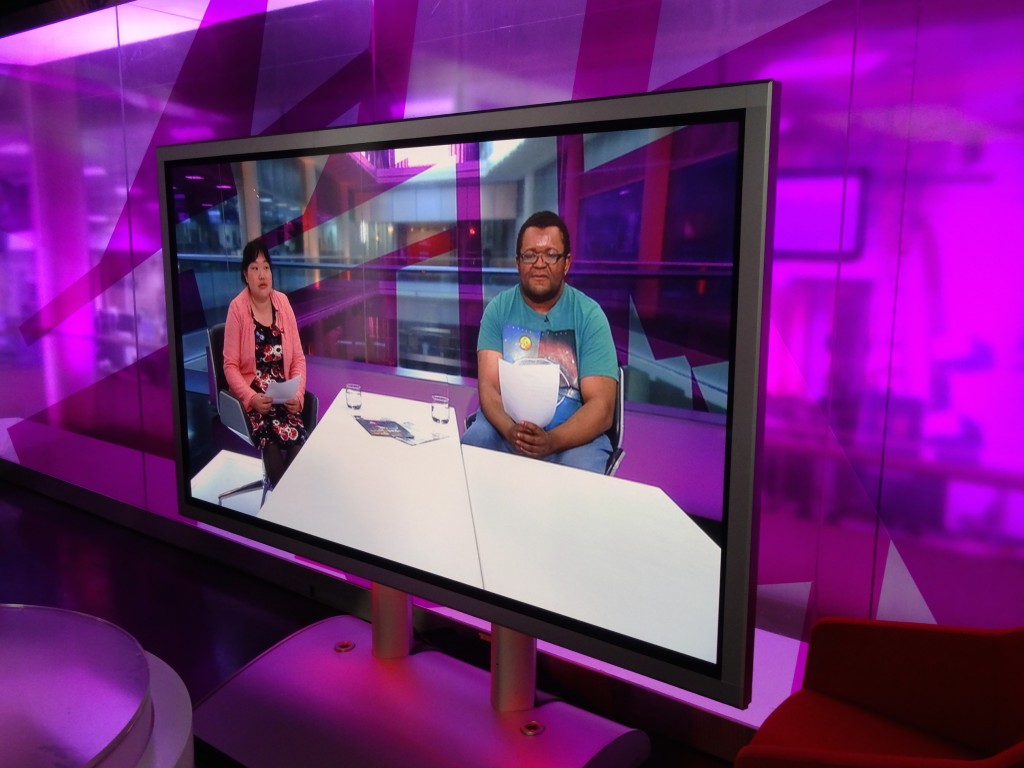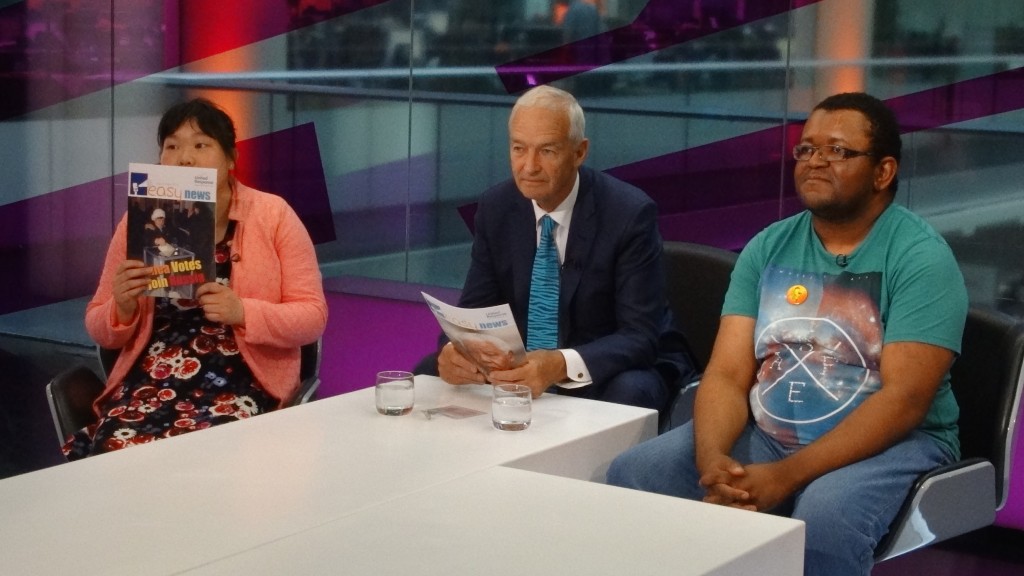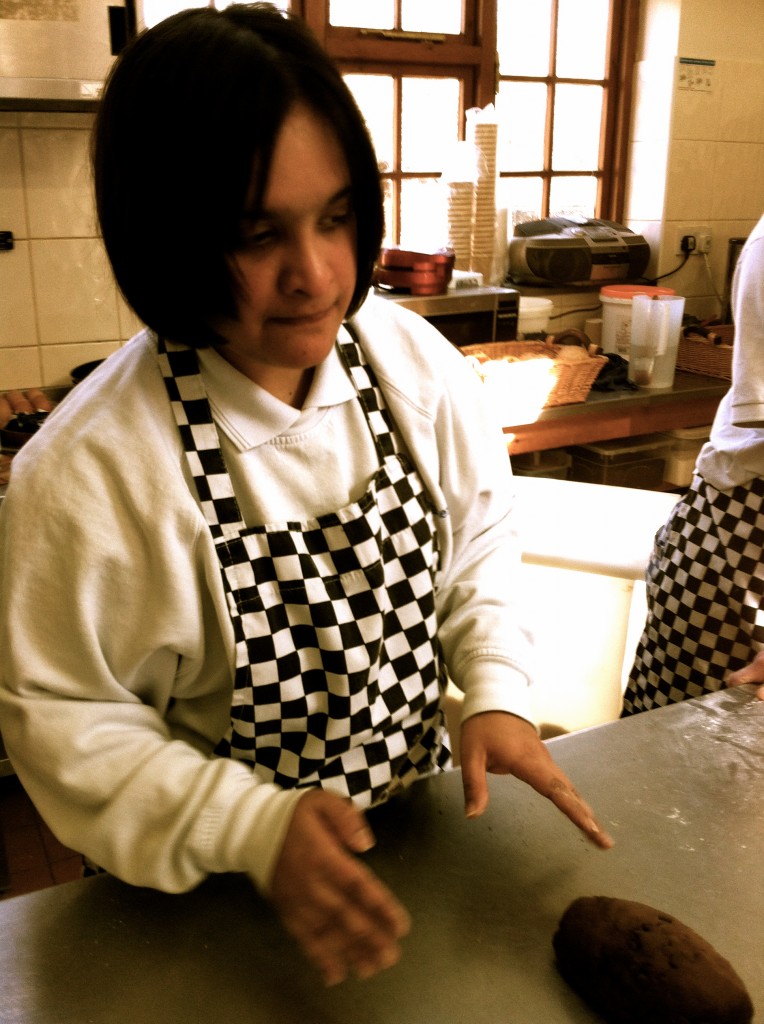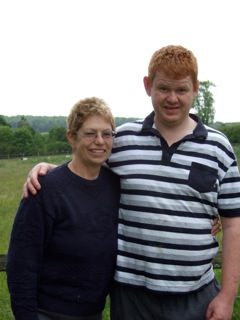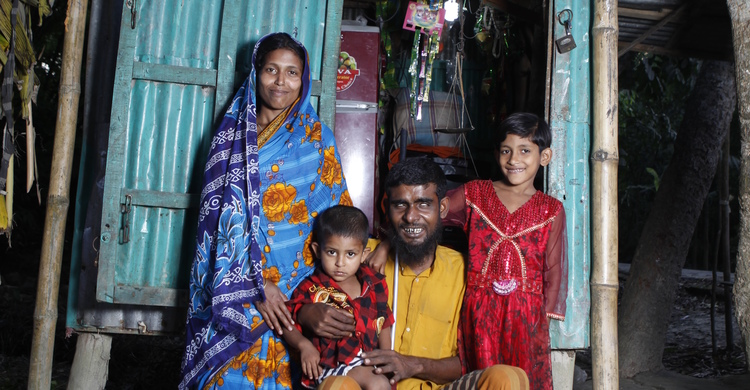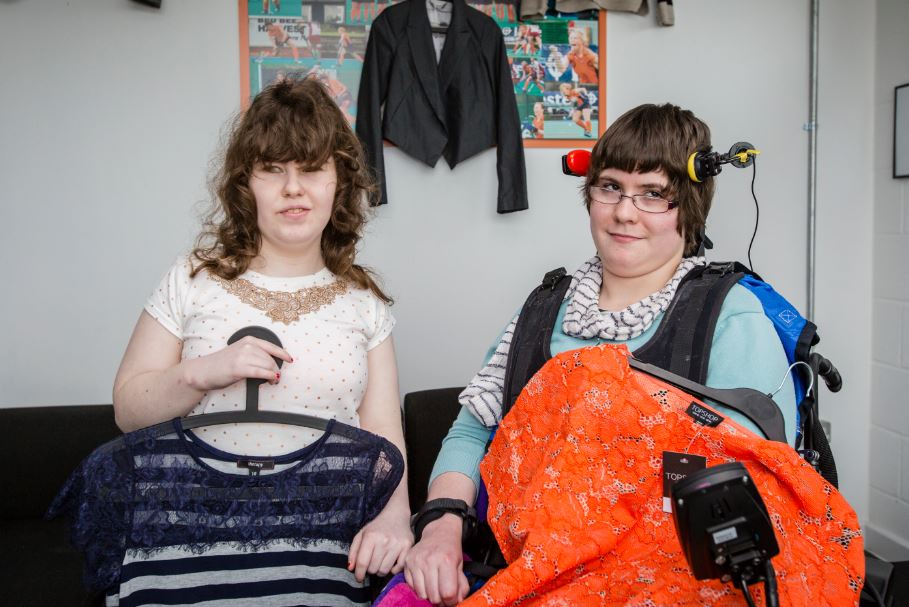Each time I return to my childhood village the memories come flooding back.
Memories of football in the street and endless walks along rugged cliffs that are some of the highest in the country. A sense of innocence from another era now gone forever.
My native town is Staithes, a small fishing village nestling beneath cliffs on the north Yorkshire coast. A tourist attraction in summer, Staithes is synonymous with Captain James Cook who worked and lived there prior to setting sail to discover Australia.
My childhood growing up in the village was mostly uneventful but rocked by my parents’ separation and my father’s mental health issues. Mental illness was very much misunderstood in the village and this was no different to any other village in England at that time.
Over 50 years later, and nearer to the grave than the cradle, I now want to return to my roots to try to bring about change, however small, around attitudes to mental health. I want to raise awareness in the village of the stigma of mental health and how it impacts on the sufferer and their families. A stigma as dangerous as the high cliffs I would climb as a child and the raging sea that batters the village in winter.
Stigma and discrimination of mental illness exists in all villages and towns. Time To Change, England’s largest mental health anti-stigma programme seeks to change all that. I volunteer for Time To Change and use my qualified psychiatric nurse knowledge and and personal ‘lived experience’ to try to bring about more awareness, understanding and tolerance of mental health.
I feel confident that the event next Thursday (24 July) will be successful. Why? A sense of community exists to this day in Staithes, which I believe is part of being from North Yorkshire and who we are as a people. A down to earth friendliness, community spirit, and willingness to help others in time of need.
What I have organised is an informal evening in the village hall to raise awareness, educate, and de- mystify some of the negative and damaging misconceptions of mental health; SOS Staithes Opposes Stigma of mental health (the title “SOS” reflects the international distress signal ‘Save Our Souls’ which the village, a once thriving port, uses so I thought that would be an apt title).
I will also talk about my advisory work with Steve Halliwell, who played the character Zak Dingle in the television soap Emmerdale , to help craft the award winning depression storyline. This was done with the aim of making mental health depictions on TV more realistic and sensitive. People here in identify with Zak Dingle as the programme is Yorkshire-based.
So far the response to my evening event has been very positive. I have visited the village and left posters everywhere. I have spoken to some people I already knew and strangers who I can now call friends. They have been very open and honest about their own mental health issues or spoke of people they know and care for. This has enthused me all the more. I appreciate their being so open and trusting very much.
I wish I had possessed the same feelings of acceptance, understanding, and trust all those years ago as a child around my fathers illness. Small rural communities such as this are more isolated than the larger towns and cities and as a consequence people are often left feeling more alienated and lacking support. I often say as a child I did not understand the word stigma but I certainly knew how it felt.
My aim is simple. I would like the people in the village to be more aware of mental health issues and how mental illness it is indiscriminate. How it effects one in four of the population and that nobody is immune.
I would like the young people to see me as a positive role model and for them to be influenced to try to bring about change themselves in whatever way they can. I would like everyone to understand that Time To Change is a social movement for change and they can all play a part, no matter how small, in this ground breaking campaign.
The young people are the future of the village. They can all make a difference to the villagers of tomorrow as well as today by their words and their actions.
• SOS: STAITHES OPPOSES STIGMA of mental health. Thursday 24th July 7 – 9pm held in Staithes village hall – An informal evening of interaction and discussion around mental health. Free entry by ticket. Refreshments available and free promotional Time To Change materials. Tickets from Lol Butterfield on 07958064025, Veronica Foster on 07891607786 or members of the village hall committee.
